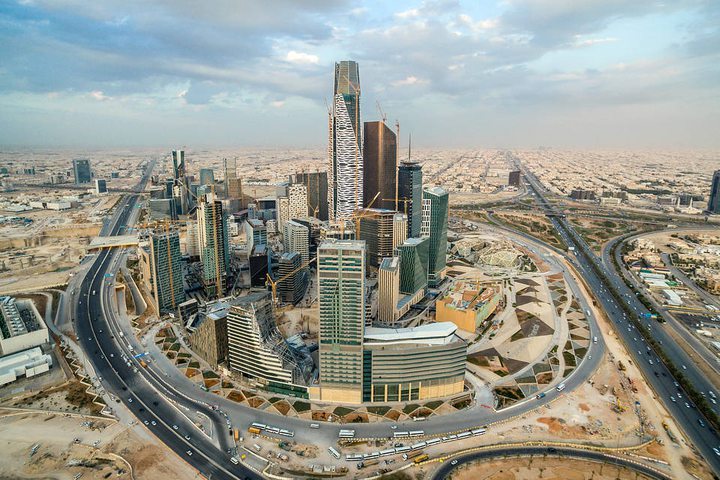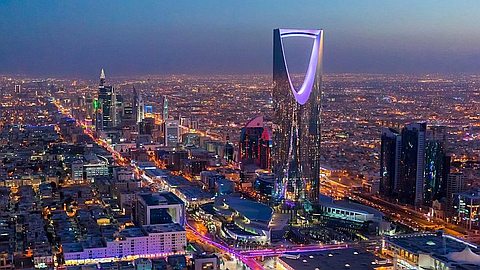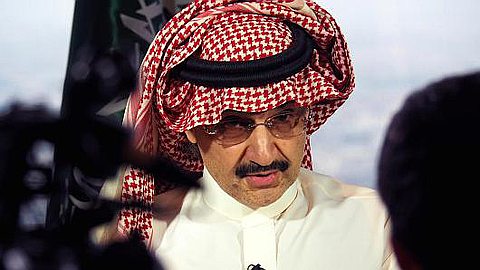Saudi Arabia Seeks Up to $8 Billion Loan

Saudi Arabia’s Ministry of Finance has asked foreign banks to submit proposals for the loan, which would be between $6 billion and $8 billion in size, two bankers who have seen the request told The Wall Street Journal. The ministry is expected to choose lenders within the next two weeks, one of the bankers said.
The country also is considering raising billions of additional dollars from an international bond offering after securing the loan, the bankers said. Officials at the ministry weren’t available for comment.
A foreign bank loan would be Saudi Arabia’s first international borrowing in more than a decade. The government’s interest in raising this capital is part of a broader effort to fortify its dollar reserves at a time when oil prices are down 64% from their 2014 peak, despite the recent rally that has lifted Brent crude prices above $41 a barrel on ICE Futures Europe, their highest level since early December.
Saudi Arabia also is weighing possibly listing part of its state oil giant, Saudi Arabian Oil Co., or Aramco, and it has considered creating a sovereign-wealth fund to invest some of its reserves more aggressively in hopes of generating higher returns, people familiar with the matter said.
The government’s plans for raising more foreign capital suggests Saudi Arabia is taking steps to ride out any extended period of low oil prices without having to limit production. Despite pressure from other members of the Organization of the Petroleum Exporting Countries to cut back on output to boost oil prices, Saudi Arabia has held firm that it won’t do more than freeze production at current levels, which are near record output.
“I don’t think the Saudis needed to do this to make sure they could pay their bills,” said Larry Goldstein, a director of the Energy Policy Research Foundation, which receives funding from the oil industry. “This is just another piece of a very consistent strategy of being as efficient and cost effective as possible in a very difficult and uncertain environment.”
Saudi Arabia, among the world’s biggest oil producers, has benefited from high crude prices in the past decade to build about $600 billion in reserves. Last year, Saudi Arabia ran a record deficit of nearly $100 billion as crude prices tumbled by more than half since the middle of 2014. The country announced austerity measures for this year, including spending and subsidy cuts, and said it would consider privatizing state assets.
Ratings agency Standard & Poor’s Ratings Services last month cut Saudi Arabia’s sovereign credit rating, citing the impact of low oil prices on the country’s finances and economy. It forecasts average growth of 2% between 2016 and 2019, down from 3%. Moody’s Investors Service also recently put Saudi Arabia’s rating on review for a possible downgrade while it assesses the impact of the low oil prices.
“The amount of borrowing that is on Saudi Arabia’s balance sheet is effectively extremely low relative to its reserves and relative to its economy,” said Karim Awad, chief executive officer of EFG Hermes, one of the Middle East’s largest local investment banks, in a recent interview. “There’s a lot of room to borrow, and it will help the economy as a whole,” he said.
Saudi Arabia has issued domestic bonds worth tens of billions in recent months and tapped into its foreign reserves held by the central bank to bolster its finances.
Oman and Qatar, two other Persian Gulf states, have also recently secured international loans.





